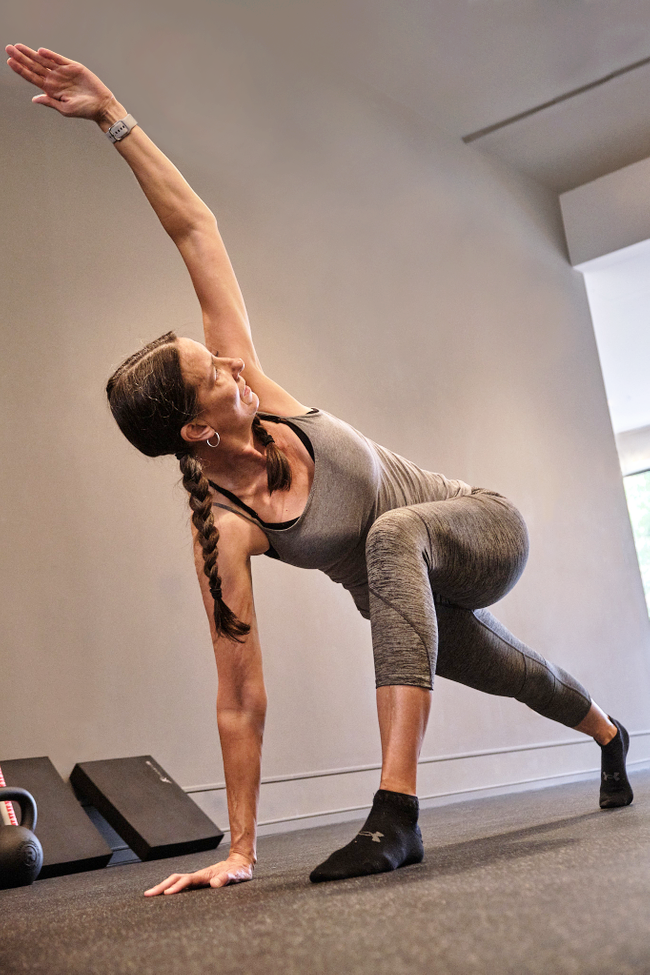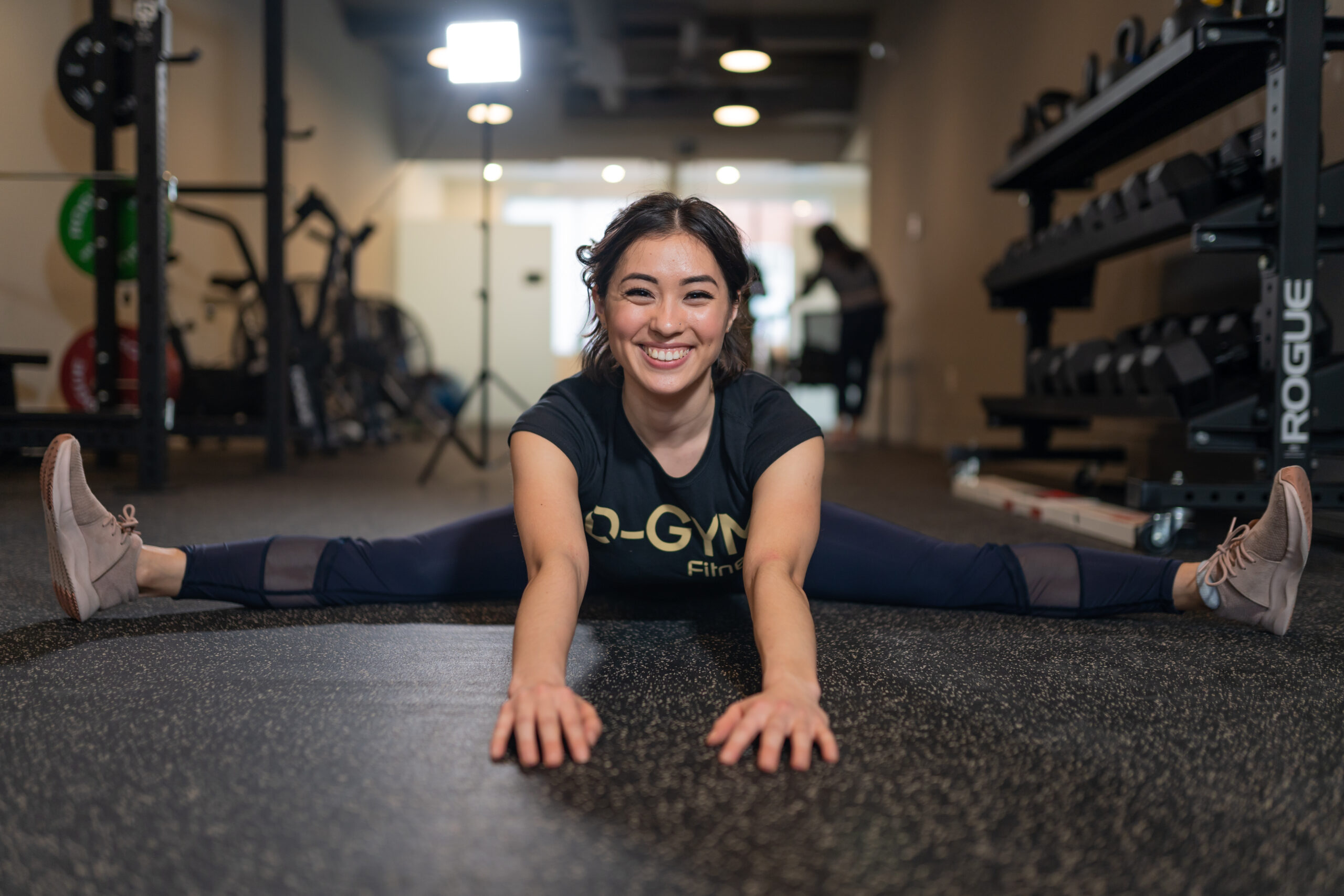
Health Bound Health Network
Mental Health Benefits of Exercise
You know that amazing feeling you get when you just finished a difficult workout? It’s unbelievable, right? You feel energized, happy, accomplished, and overall way better than you did before. Sure, while you were actually training you were probably sweating and trembling, and maybe even counting down the seconds until the exercise was over, but afterwards you felt on top of the world. Well, there’s a reason for this…
We have all been familiarized with the phenomenon of how exercise benefits our health by improving our aerobic capacity, increasing muscle mass, reducing fat and more (Agarwal, 2012). However, one benefit of exercise that is often overlooked is the mental health benefits that are attributed to consistent physical activity (Ruby et al., 2011). Depression, anxiety, and ADHD are just a few examples of common mental health conditions that have been evidenced to be profoundly positively impacted by physical activity (Neudecker et al., 2015). However, even if you do not experience a mental health condition, exercise can still offer a boost in a plethora of other capacities to improve your life. Some other examples of how exercise has been effective are:
Sharper memory and thinking: Exercise can promote the growth of new brain cells and helps to prevent the risk of age-related cognitive decline (Zuniga et al. 2018).
Increased Self-esteem: Not only does exercise change your brain’s chemistry to promote more endorphins but meeting and achieving your fitness goals can provide a sense of achievement (Waade, 2004).
Better Sleep: Studies have shown that exercise promotes a healthier circadian rhythm and promotes more restful and consistent sleep patterns (Jurado‐Fasoli et al., 2020).
Improved Resiliency: Life gets tough and emotional challenges are inevitable. However, when we experience these challenges, exercise provides us with an opportunity to cope in a healthy manner to build resiliency as opposed to resorting to unhealthy behaviors such as drugs or alcohol. Exercise also improves your immune system and reduces the effects of negative stress (Ruby et al., 2011).
How Can You Start?
Many people often assume that to reap the benefits of exercise, you need to be a fitness fanatic. However, research indicates that even modest amounts of daily physical exercise can significantly make a difference on one’s overall physical and mental health. In other words, it does not matter your age, experience, or fitness level, everyone is able to use exercise as a powerful tool to combat mental health problems, improve energy and increase overall wellness! So, whether it is an intense spin class, Zen yoga session, heavy strength training day, or simply a walk around the neighborhood or tending to the garden, all forms of exercise warrant significant physical and mental health benefits. Even if you do not have time for a 30-minute exercise session, slowly start with what is comfortable for YOU and increase your tolerance over time.

Boutique Fitness at Health Bound!
Getting Started With a Mental Health Issue
Finding the energy and motivation can sometimes be difficult for us on the best of days, let alone when we are experiencing any sort of depression or anxiety. When you find yourself in these situations, try to remember these tips to keep you on track.
- Start small– Rome wasn’t built in a day. Set achievable goals that you can work towards. As you meet these goals, create new ones that build upon your original ones
- Schedule Workouts When Energy is The Highest- Nobody knows you better than you. Take some time to think of when you feel the best throughout the day. If it is first thing in the morning, plan and create a schedule for you to take advantage of these times
- Focus on Activities You Enjoy- If you are not a gym- goer that’s perfectly fine! Walks around the neighbourhood, gardening, home improvement projects and more are great examples of exercise that get us moving and can significantly improve our moods.
- Make Exercise a Social Activity- Companionship and socialization are very important when experiencing symptoms of depression, so use exercise to meet new people or spend quality time with friends and family
What you do everyday matters. Try implementing exercise as part of your daily routine and experience the benefits of exercise on our overall health and wellbeing!
References
Agarwal, S. K. (2012). Cardiovascular benefits of exercise. International journal of general medicine. Retrieved December 7, 2021, from https://www.ncbi.nlm.nih.gov/pmc/articles/PMC3396114/.
Jurado‐Fasoli, L., De‐la‐O, A., Molina‐Hidalgo, C., Migueles, J. H., Castillo, M. J., & Amaro‐Gahete, F. J. (2020). Exercise training improves sleep quality: A randomized controlled trial. European Journal of Clinical Investigation, 50(3). https://doi.org/10.1111/eci.13202
Neudecker, C., Mewes, N., Reimers, A. K., & Woll, A. (2015). Exercise interventions in children and adolescents with ADHD: A systematic review. Journal of Attention Disorders, 23(4), 307–324. https://doi.org/10.1177/1087054715584053
Ruby, M. B., Dunn, E. W., Perrino, A., Gillis, R., & Viel, S. (2011). The invisible benefits of exercise. Health Psychology, 30(1), 67–74. https://doi.org/10.1037/a0021859
Waade, N. R. (2004). Exercise improves self-esteem in children and young people. Australian Journal of Physiotherapy, 50(2), 117. https://doi.org/10.1016/s0004-9514(14)60106-9
Zuniga, K. E., Mueller, M., Santana, A. R., & Kelemen, W. L. (2018). Acute aerobic exercise improves memory across intensity and fitness levels. Memory, 27(5), 628–636. https://doi.org/10.1080/09658211.2018.1546875

